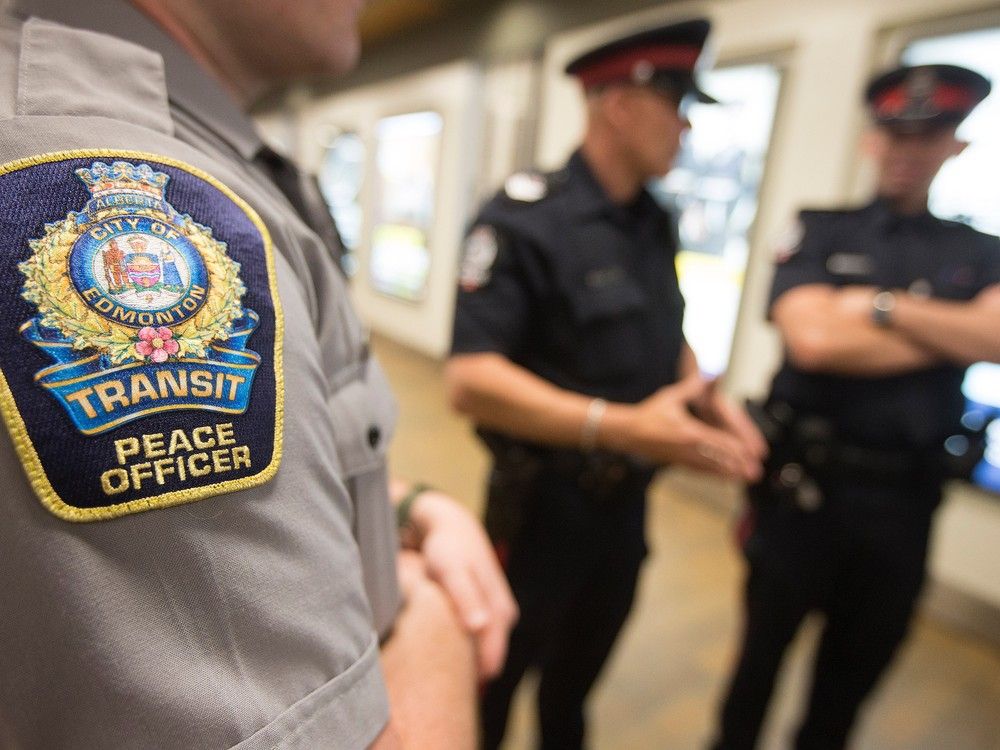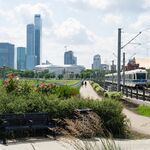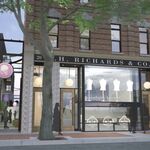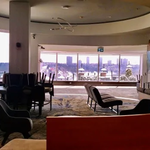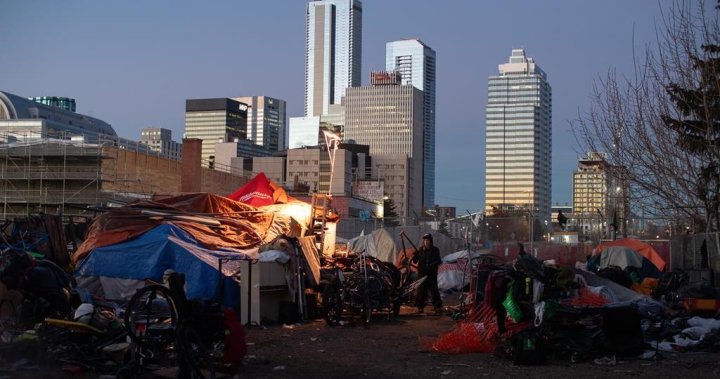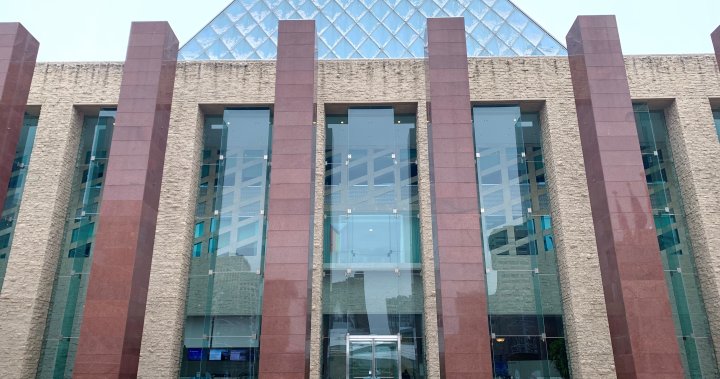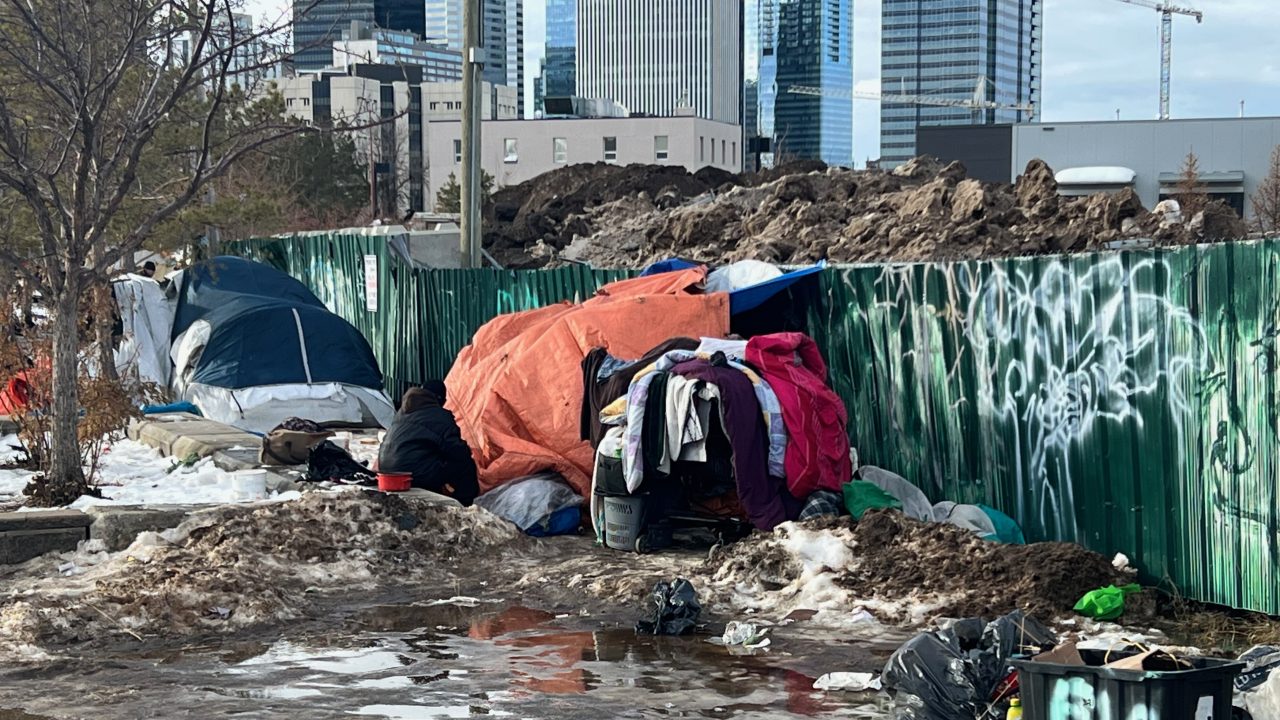I agree with you on this. I would say I'm a "young progressive" as you say, but I also find it frustrating when my peers simply don't understand that it isn't necessarily the most comfortable for a lot of people to be around a lot of the issues that come with outward and visible poverty. Like you say it isn't synonymous with a lack of empathy. However, I think the point that people are trying to make is that the implementation of laws like these end up criminalizing poverty and overall making it more dangerous and difficult to be in that situation (one which is already extremely difficult). Most homeless people, addicts and the like have no choice but to be out on the street (hence being homeless), and for a lot of people facing homelessness, begging, selling bottles, etc is the only way to make money to survive. Also, something which was brought up in an article about it is that the banning of "visible drug use" will lead to more people doing drugs in dark alleys and hidden places where they can't be seen, and thus should something go wrong, they will most likely just straight up die as no one will be there to help them, this is an important point to keep in mind. Now I (and I think most people, even in this "young progressive" group) would agree that it isn't and shouldn't be the regular citizens responsibility to keep people from ODing, but the fact of the matter is that without proper supports (shelters, safe injection sites, etc) the implementation of these laws is going to lead to a lot more deaths due to overdose.
When I was in Singapore, a place known for its strict and sometimes over the top laws, the streets were clean and safe feeling and it was generally a very pleasant experience just walking around the city, which can't be said for large parts of Edmonton. I spent 4-5 days there, walking through all sorts of different parts of the city and didn't see a single "visible" drug user, or homeless person. That's because Singapore will basically jail you for being poor in a lot of cases. I'd rather live in a place that's occasionally a little scuzzy but doesn't treat it's most vulnerable populations as a problem to be hidden away and punished. That being said though, I totally understand where people who don't want to see that type of outward, visible suffering are coming from it's uncomfortable and sometimes dangerous. It's dismissive and wrong of people to assume a lack of empathy if someone feels that way. I'd say it is only a very small percentage of the population that is comfortable or not put off by sights like open drug use, begging, etc. I would say that it's actually a mark OF empathy, as you see the problems and (presumably) feel a need to fix the issue, and feel bad for the person, but obviously in the moment, your first priority is (as it should be) your own safety. Our social safety mechanisms aren't at a place where we can ban "visible drug use" and not see a big uptick in opioid deaths. If we still had safe injection sites, it would be totally fine in my books to ban visible drug use.
Edit: Also I ride my bike across the grass literally all the time for various reasons: shortcutting around circuitous pathways, riding to a picnic table or bench to have a rest, or any other of the MANY reasons someone might opt to stray from the path while biking. This law in particular irks me. It's just gonna make it a pain to get around and enjoy the parks on a bike. All for... barely anything. I don't get the purpose of this at all. It's stupid.
